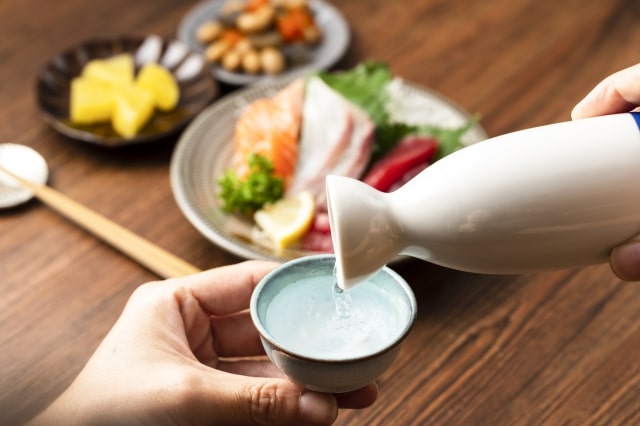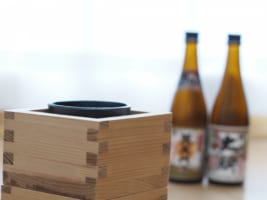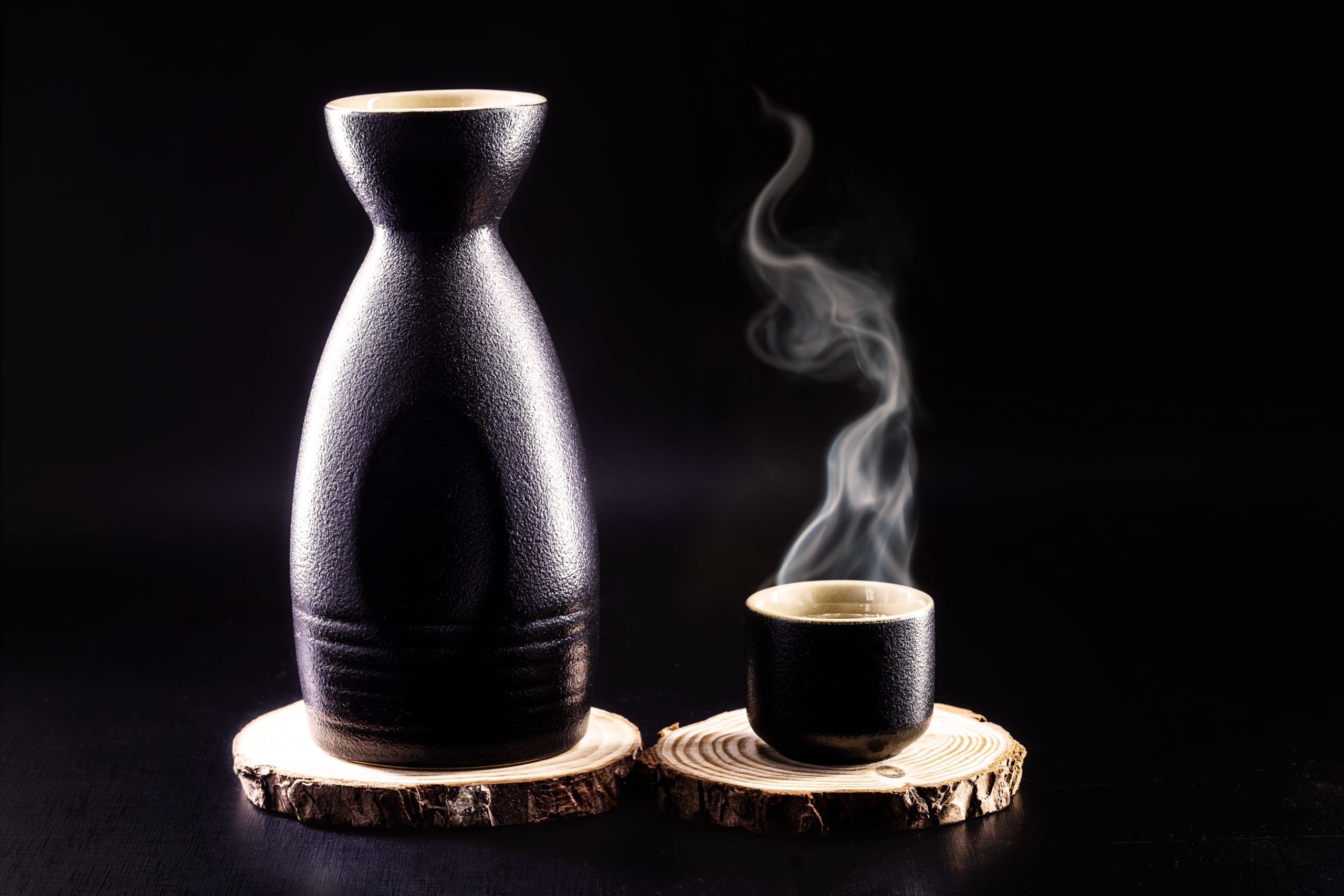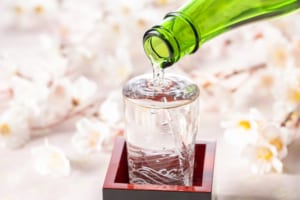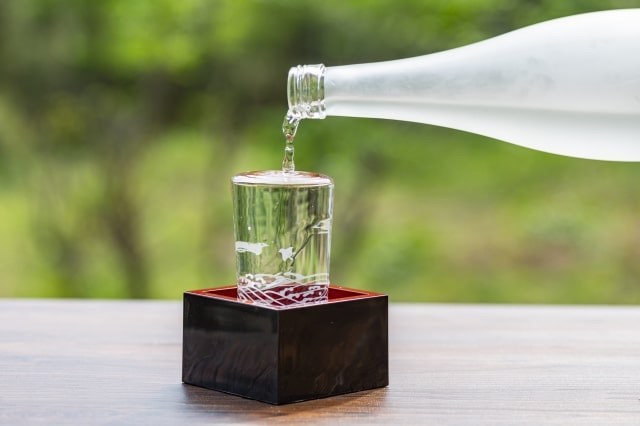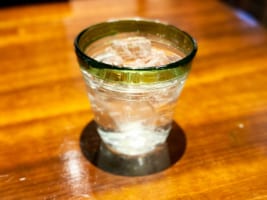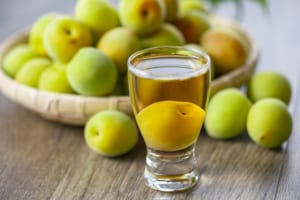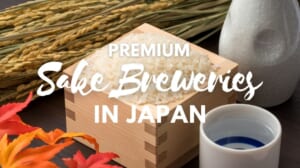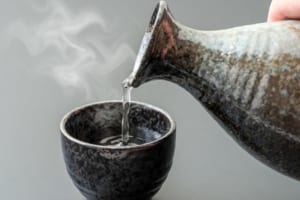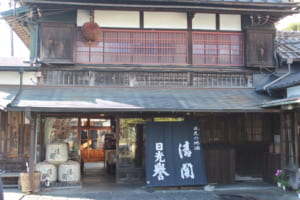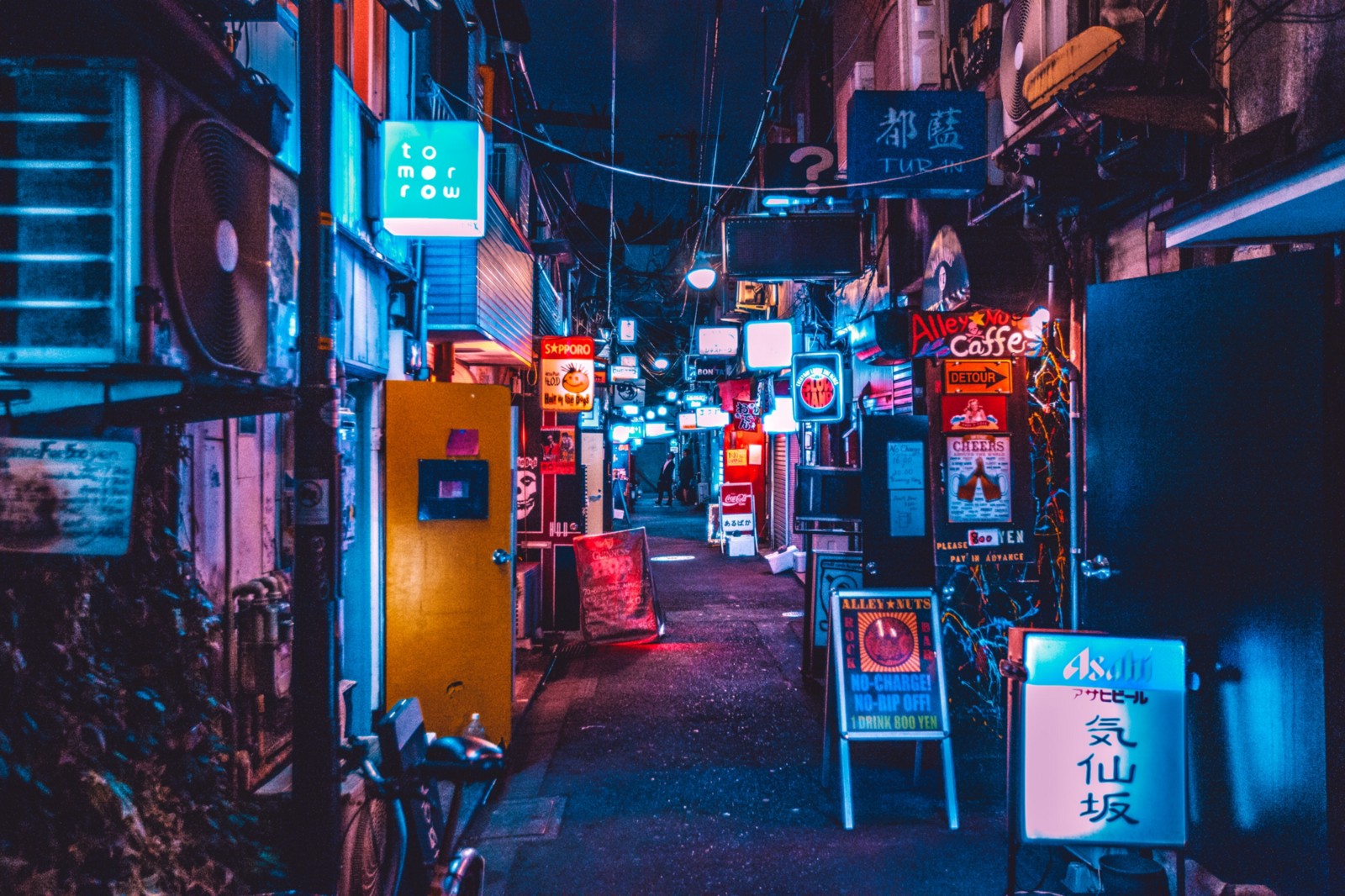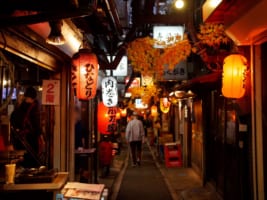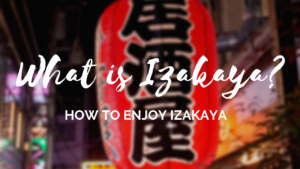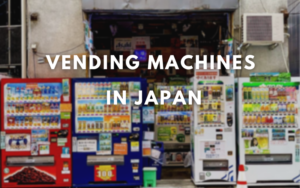10 Best Sake to Buy in Japan
10 Best Japanese Sake you can purchase online
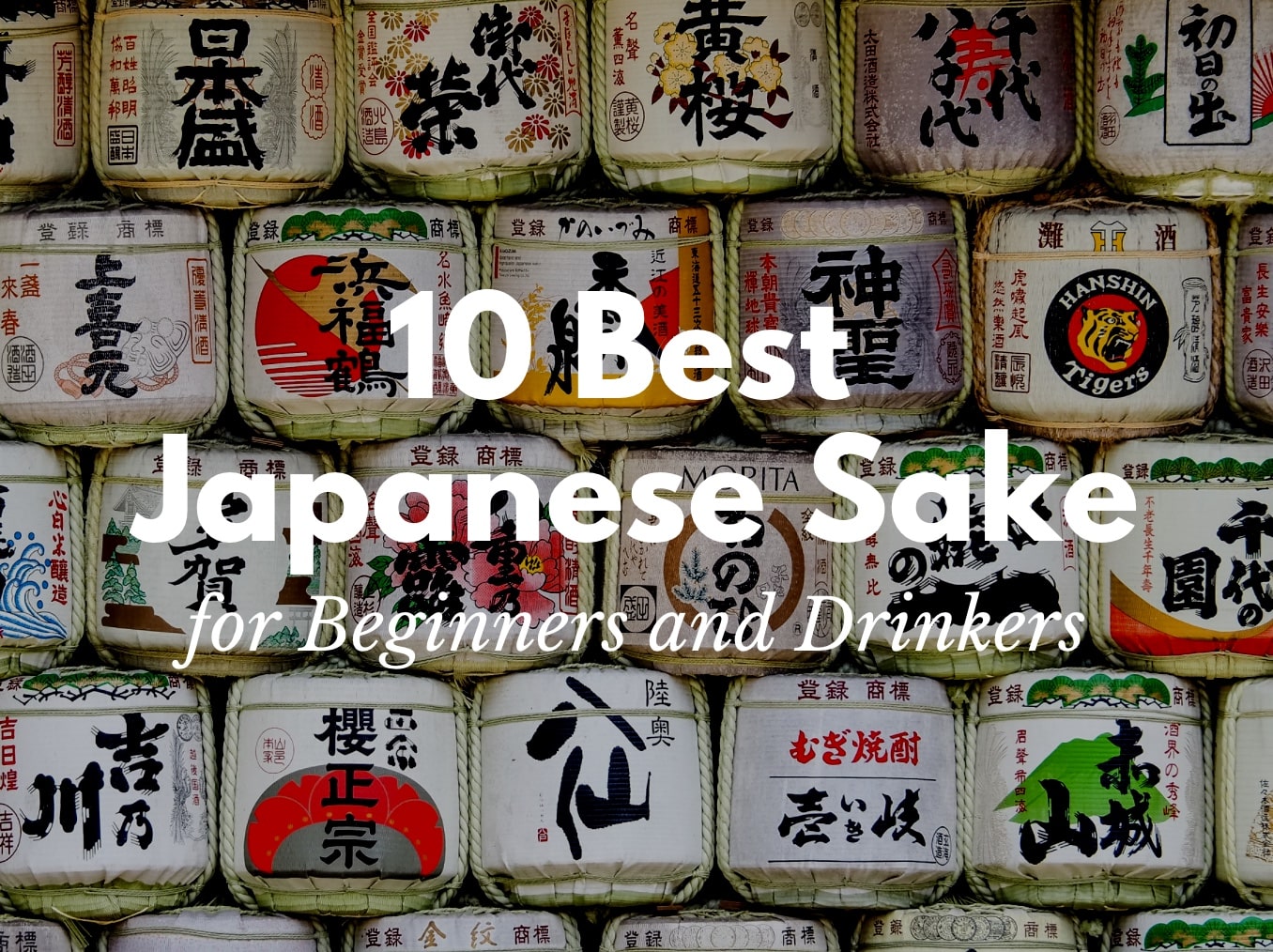
There is no doubt that one of the most important experiences you can have when coming to Japan is the gastronomic experience. Especially, tasting and getting to know about Japanese Sake is one thing you cannot pass on by (if you’re over the allowed age for drinking alcoholic beverages, of course).
Sake has such strong ties with Japanese culture that it can be a little intimidating for some, but the good thing about it is that it all starts from just tasting it.
In this article, I will explain some of the characteristics of Japanese Sake. Also, I will introduce you to 10 of the best Sake to buy in Japan. Whether you are an expert on Sake or you have yet to try your first glass of Sake, I hope you’ll find a Sake that will suit your preferences.
*Please note that this article contains affiliate links.
What is Sake?
Japanese Sake is an alcoholic beverage made by fermenting rice. In some cases, it is referred to as “Japanese rice wine”, having a similar percentage of ABV as wine which is about 15%. However, the process of making Sake is more similar to that of beer.
Actually, the word Sake (酒) literally means “alcohol” in Japanese. So here in Japan, people usually use the word Nihonshu (日本酒) which literally means “Japanese alcohol”. But if a foreigner goes to a restaurant in Japan and asks for Sake, the people in the restaurant will know that you refer to Japanese Sake, so no need to worry there.
By the way, some people pronounce it “SAH-kee”, but I think Japanese people will understand you better if you pronounce it “SAK-ay”.
▽Leach more about Japanese Sake below!▽
Types of Sake
The type of rice that is used, the method that the rice is fermented, and even the temperature that it is fermented will influence the taste of the Sake. Also, Sake can be categorized depending on how much the rice used is polished to remove the bran and well as whether brewer’s alcohol has been added or not during the brewing process. These are known as “special designated sake” and the major types of these are as follows.
- Honjozo shu(本醸造酒): Sake made by utilizing rice that has been polished over 30% (less than 70% of the original rice remaining) to remove the bran.
- Junmai shu(純米酒): Sake made without using brewer’s alcohol during the brewing process. The rice used has been polished over 30% (less than 70% of the original rice remaining) to remove the bran.
- Ginjo shu(吟醸酒): Sake made by utilizing rice that has been polished over 40% (less than 60% of the original rice remaining) to remove the bran.
- Junmai Ginjo shu(純米吟醸酒): This is Ginjo shu made without using brewer’s alcohol during the brewing process.
- Daiginjo Shu(大吟醸酒): Sake made by utilizing rice that has been polished over 50% (less than 50% of the original rice remaining) to remove the bran.
- Junmai Daiginjo Shu(純米大吟醸酒): This is Daiginjo shu made without using brewer’s alcohol during the brewing process.
When you buy a bottle of Sake or when you go to a restaurant and see the Sake menu, you will see these 6 types a lot. Although there are other aspects that affect the taste of the Sake, you can have a rough idea of the taste by knowing the type of Sake.
For example, Junmai shu tends to be rich-flavored, full-bodied texture with a strong finish. Ginjo shu tends to have a more delicate texture with a more refined and refreshing taste. And Honjozo shu usually has a smooth taste and is light-bodied with a clean finish.
Of course, there are many more aspects that will define the taste, so these characteristics will not always be the case. Even the way you drink your Sake may change how it tastes. You can drink it warm, cold, in an Ochoko (a small Sake cup), or even in a wine glass. All these variations make drinking Sake that much complex and enjoyable.
10 Best Japanese Sake for Beginners and Gourmets
From here, I will introduce to you 10 of the best Sake that you can buy in Japan. I have also included a link that will take you to a website where you can purchase these Sake.
I hope you can find one that appeals to you.
1. Hanzo & Junmai Daiginjo ‘Omachi’
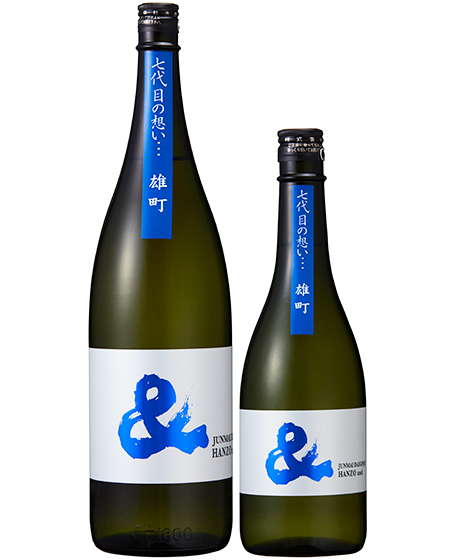
Hanzo & Junmai Daiginjo ‘Omachi’ (半蔵 & 純米大吟醸(雄町)) is a Sake produced by Ota Shuzo (大田酒造) which is a Sake producer located in Mie prefecture that has been in business since 1892.
Although it is a company with a lot of history, “Hanzo &” is a new brand that caters to a more modern type of Sake drinker. Specifically speaking, “Junmai Daiginjo Omachi” is made by the rice type “Omachi” which is hard to grow but praised to be good for making Sake.
It has a mid-body texture with a gorgeous and complex taste. This Sake was made for those who are looking for something new, especially for those who love wine.
▶︎Click here for more details about this Sake right now!
2. Dassai Junmai Daiginjo 45
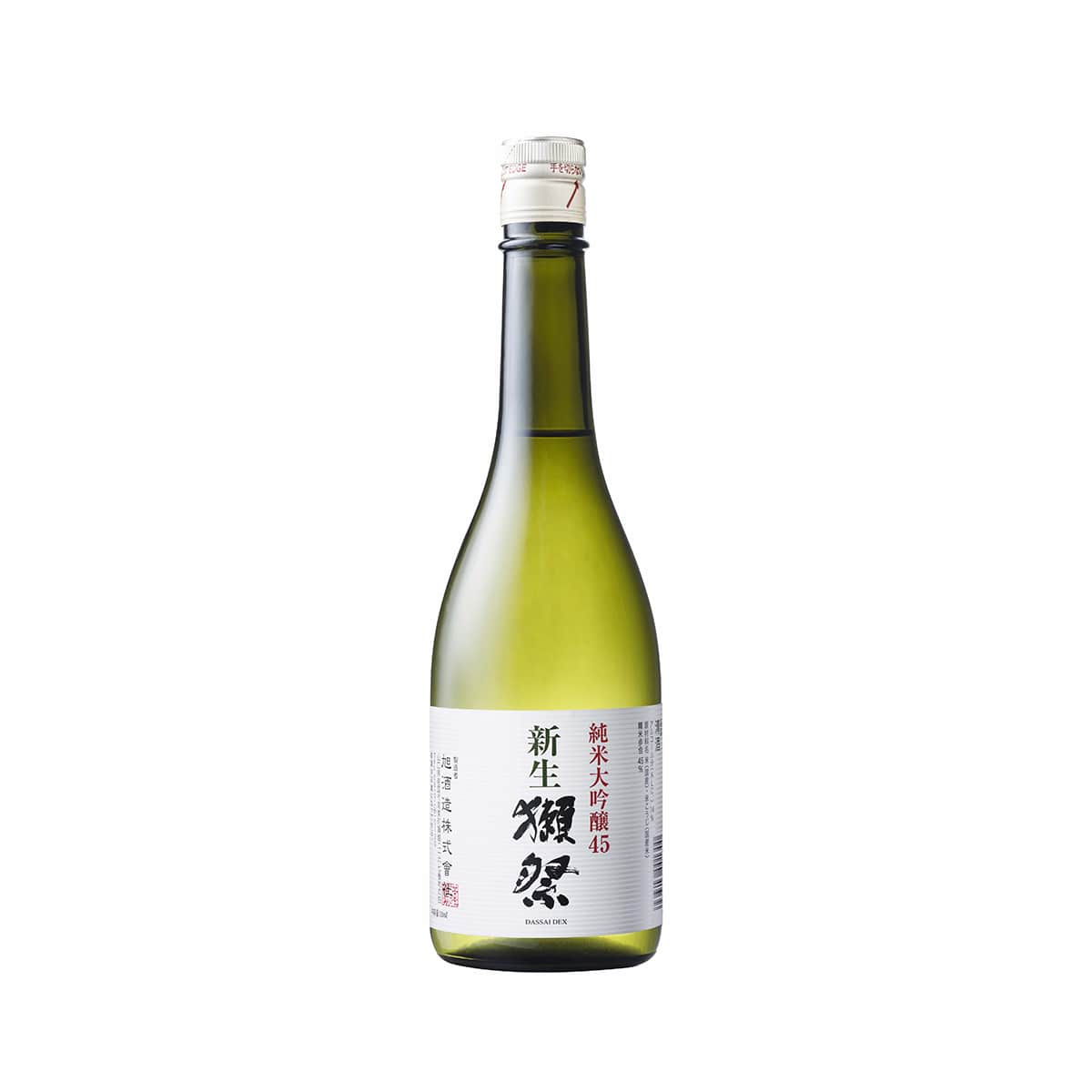
Next, we have Dassai Junmai Daiginjo 45 (獺祭純米大吟醸45) which is a Sake produced by Asahi Shuzo (旭酒造) located in Yamaguchi prefecture.
Made by the rice “Yamada Nishiki”, Dassai is an off-dry Sake with a light fruity flavor that is suited for both, Sake lovers and people who don’t usually drink much. It is a Sake that goes well alongside both Japanese and western food, making it popular abroad.
The 45 at the end of the name means that the rice used to brew this Sake was polished to 45% to remove the bran.
▶︎Click here for more details about this Sake right now!
3. Hakkaisan Junmai Daiginjo
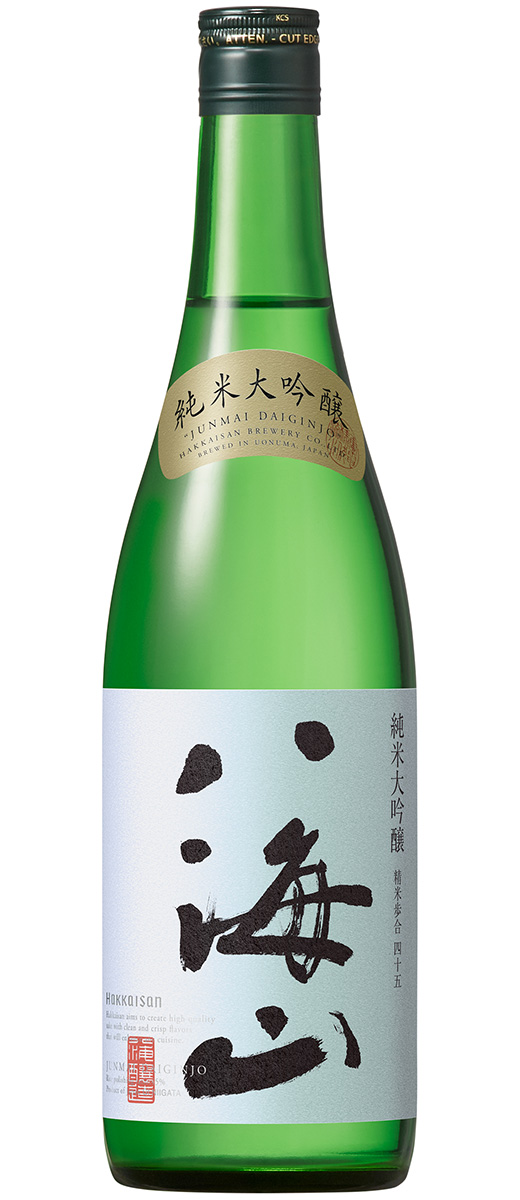
Hakkaisan Junmai Daiginjo (八海山純米大吟醸) is one of the most recognizable Sake brands in Japan. It is produced by the Sake brewer Hakkai Jozo (八海醸造) which was established back in 1925 in Niigata prefecture. Niigata is a prefecture well known for having high-quality rice, making it a good place for making sake.
Characteristics of this Sake is that is light-weight with a slightly sweet aftertaste that matches perfectly with Japanese cuisine. In winter, this is also a good Sake to drink in Atsukan (warmed Sake).
It is a little expensive compared to other Sake on this list, however, it is popular for a good reason.
▶︎Click here for more details about this Sake right now!
4. Echigo Sekkobai Junmai Daiginjo
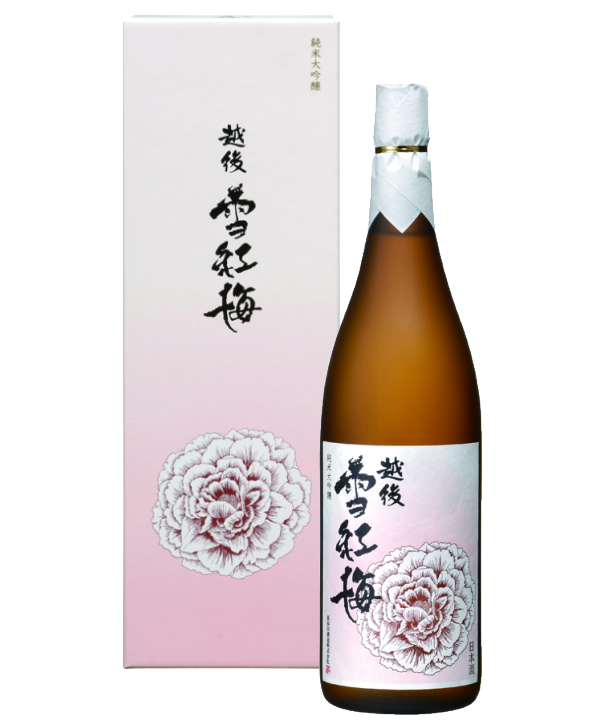
Echigo Sekkobai Junmai Daiginjo (越後雪紅梅) is also a Sake from the Niigata prefecture. Produced by Hasegawa Shuzo (長谷川酒造) which is another brewery with a lot of history, being founded in 1842.
This Sake is rich and well-balanced in taste while being lightweight at the same time, which is quite unique for a Sake from this area.
Usually, this Sake is better enjoyed drank cold in a wine glass, but it is also well enjoyed lukewarm for wintertime. It pairs well with Italian food, sashimi, and tempura.
▶︎Click here for more details about this Sake right now!
5. Sui-Umeshu (Clear Plum Sake)
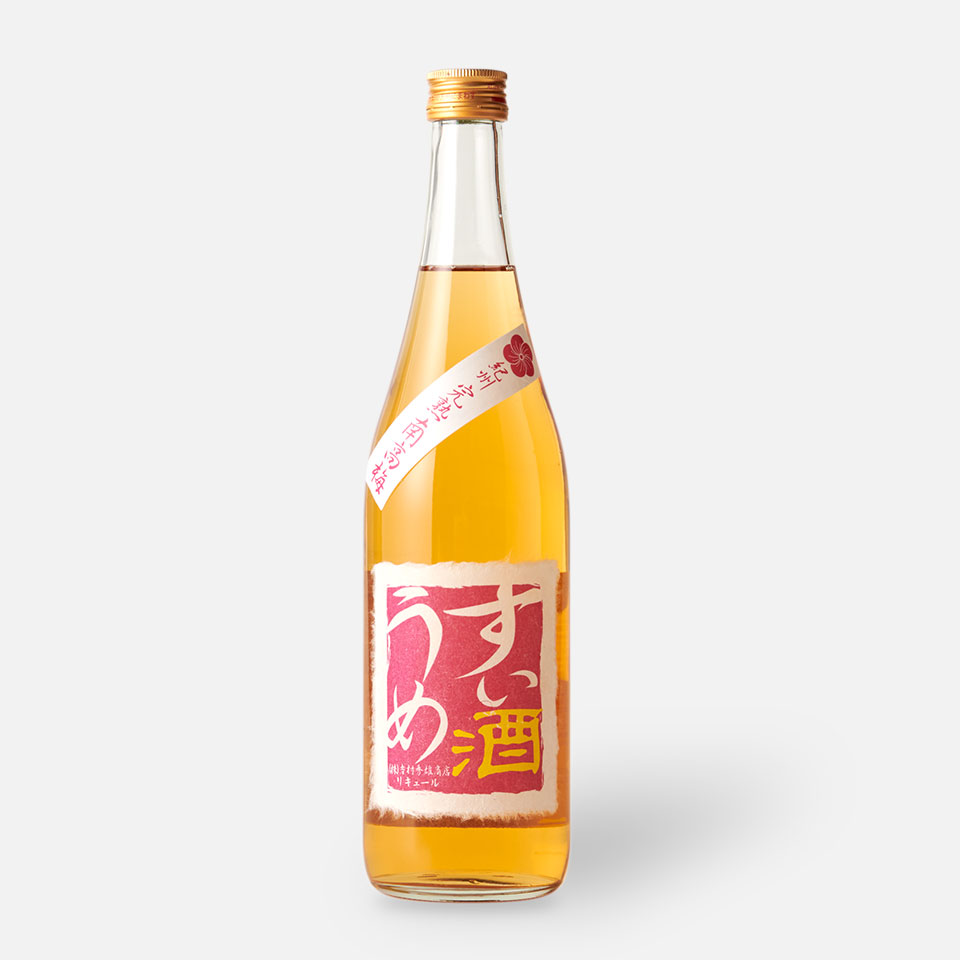
Sui-Umeshu (すいうめ酒) is technically not Sake, but it is also not quite the same as the usual Umeshu(Plum Sake) that you can find anywhere.
While regular Umeshu is made by soaking plums (technically, apricots) in a Japanese alcohol called Shochu(焼酎), Sui is made by soaking the plums in Japanese Sake. Also, twice the amount of plums are used compared to regular Umeshu. This makes the end product be more mellow, sweet, and intense than the usual umeshu.
You can drink it straight, on the rocks, or you could mix it with water(cold or lukewarm) or club soda.
This Umeshu is made by Yoshimura Hideo Shoten (吉村秀雄商店) which is a brewery established in Wakayama prefecture in 1914.
▶︎Click here for more details about this Sake right now!
6. Kubota Junmai Daiginjo
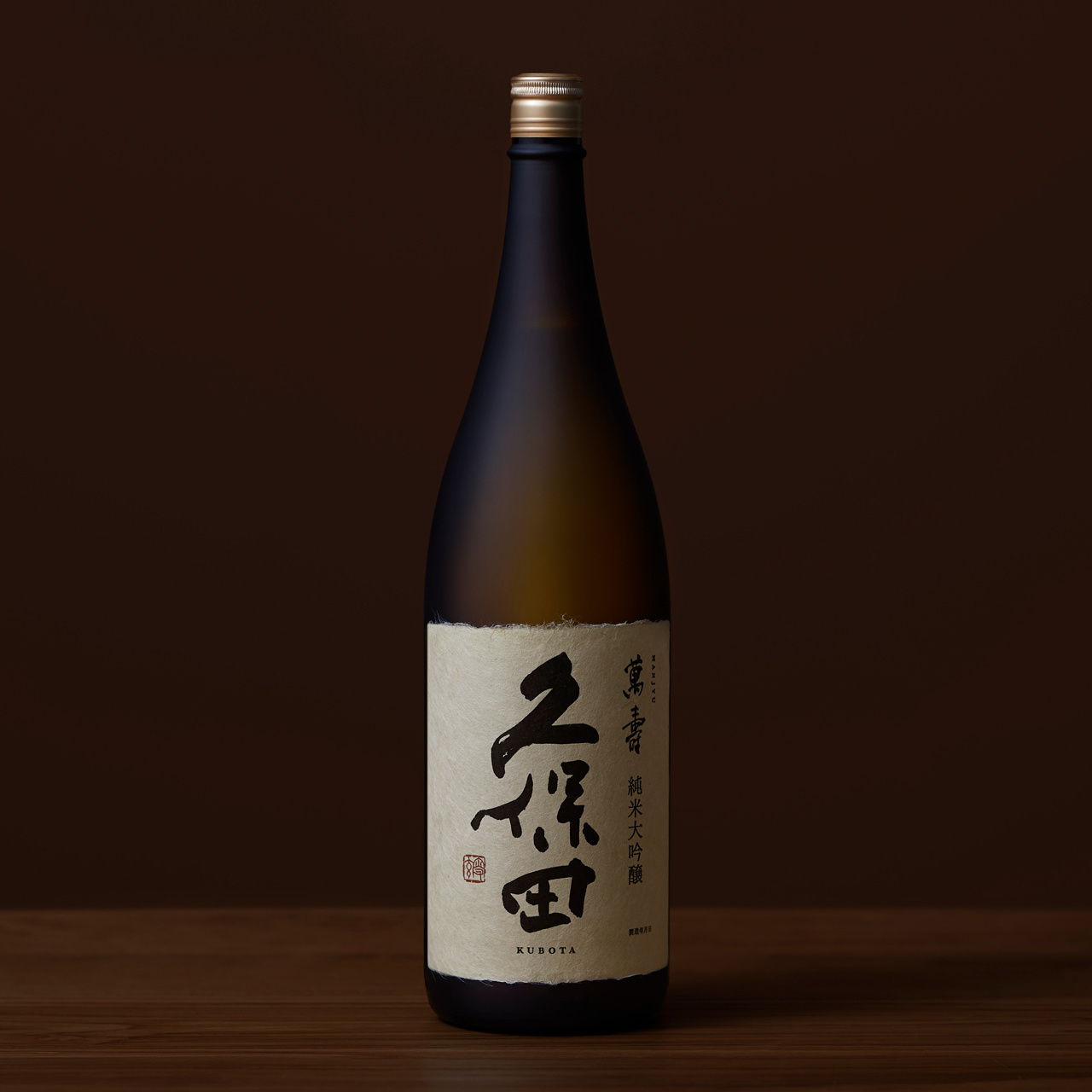
Kubota Junmai Daiginjo (久保田純米大吟醸) is another of the more recognized Sake brands in Japan. It is made by Asahi Shuzo (朝日酒造) which is another Sake maker located in Niigata. It is a company that has made sake since 1830.
This Sake is a Junmai Daiginjo Shu, and it has a nice balance of acidity and sweetness. It has a fruity flavor that is close to pears or melons. It also has a gorgeous fragrance with a dry texture, which makes it a good Sake to have along with Japanese cuisine.
▶︎Click here for more details about this Sake right now!
7. Fukuiwai Yuzushu (Citrus Sake)

Fukuiwai Yuzushu (福祝 ゆず酒) is a Citrus Sake that is made by Tohei Shuzo (藤平酒造). This Sake maker located in Chiba prefecture is the most long-running on this list, being in business all the way since 1716!
This Sake is made out of Yuzu which is a Japanese cytrus fruit that can be described as something between a lemon and an orange. It has both sweetness and acidity well-balanced, and this is made with Junmai shu to create a fresh, lively and well balanced Yuzushu.
This Sake pairs well with snacks and fingerfood.
▶︎Click here for more details about this Sake right now!
8. Kikusui

Kikusui (菊水) is yet another Sake brand coming from Niigata prefecture which is created by Kikusui Shuzo (菊水酒造), another long-running Sake maker that was founded in 1881.
Sikusui is made by only using rice from Niigata prefecture, and it has a relatively high alcohol concentration (19%). It is a sweet, full-bodied Sake that has a nice fruity fragrance.
This Sake will go nicely alongside seafood such as crabs and mussels. It will also match Japanese hot-pot recipes.
▶︎Click here for more details about this Sake right now!
9. Jikon
Jikon (而今) is a Sake made by Kiyasho Shuzo (木屋正酒造) which is a Sake brewer located in Mie prefecture. Another company with a long tradition, being around since 1818.
The word “Jikon” is a budhist term that means “now at this moment”, which also reflects the concept of this Sake. The brewer uses both traditional methods and new technology to keep improving the Sake that they make.
The product itself is a very well-balanced Sake that is said to be perfect for people who are just beginning their Sake tasting journey. Not too sweet and not too dry. It goes well with pretty much any kind of food.
▶︎Click here for more details about this Sake right now!
10. Hiroki
And lastly, on our list, we have Hiroki (飛露喜). Hiroki is a Sake made in Aizu, Fukushima prefecture by Hiroki Shuzo (廣木酒造). This is another well-known Sake that has been popular nationwide for many years.
It is an off-dry Sake that has a nice balance of sweetness and acidity. it is gentle with its taste and an elegant fruity scent that will complement the taste.
Since it is well balanced, this Sake will match well with pretty much any kind of cuisine. It is a relatively expensive Sake, so it is good for a present.
▶︎Click here for more details about this Sake right now!
If you’re looking for more Sake you can buy online, you can visit Kurashu.jp. Check out their website from the following link.
I hope this article was helpful for you!
As I mentioned, Sake is an indispensable aspect of Japanese culture, and it has a long history as well. It is interesting to learn about it, but also it is important that you get to taste the wide variety of tastes that Sake has to offer.
Hopefully, you were able to find a Sake brand that suits your preferences.
Here are best alcoholic drinks in Japan.
If you would like to know more about Japanese Sake, check out these other articles!
▽Related Articles▽
▼Editor’s Picks▼
Written by
Born and raised in Costa Rica, I started living in Tokyo from college. I love traveling within Japan & around the world. Since I wasn’t born in Japan, I know the cultural impact that you can get when visiting Japan for the first time and what you might be worried about before your trip. And I’ve lived long enough to somewhat understand the nuances of the Japanese culture that make this country such an attractive place to visit. Hopefully I can provide to you both the information you’re looking for and the information you didn’t know you needed to know.





